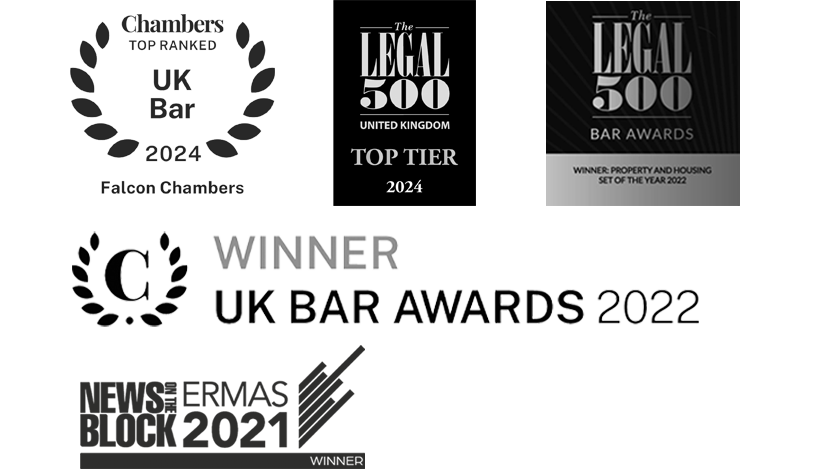Moore v Moore
The Court of Appeal has rejected an appeal by a father against a finding that his son has an equity based on proprietary estoppel over the entirety of the father’s interest in the farming business conducted by the father and son in partnership. The son’s equity attached to all elements of the father’s interest in the farming business, including his 51% share in a company incorporated to minimise partnership tax liability, of which the father and son were the only shareholders, and the father’s own current account in the partnership, since the allocations to this account had always been treated, subject to modest drawings, as working capital to be reinvested in the business. Moreover, the fact that the claimant had in 2008 received his uncle’s half of the farm did not mean that his equity had already been satisfied, because his expectation was to receive his father’s share of the farm. The question of the satisfaction of the equity is to be remitted to the first instance court, since the judge was wrong to accept the son’s submissions on satisfaction of the equity (that the farm be transferred to him straight away, providing for weekly payments to the mother and continuing care costs of the father, now in the advanced stages of Alzheimer’s). Notwithstanding that the father had at trial made no alternative proposals, the Court of Appeal held that the trial judge ought to have adjourned the trial of his own motion so that he could receive further evidence as to satisfaction of the equity. The son’s case did not fall within the category of quasi contractual cases referred to in Jennings v Rice and so the son could not expect to have his expectation fully met. The Court gave guidelines as to how the court below should approach satisfying the equity, paying a lump sum to the mother, allowing a clean break between her and the son, and taking into account inter alia the tax consequences of the transfer of land to the son. The Court of Appeal also dismissed an appeal against the finding that the father and son’s partnership was a partnership for joint lives, not a partnership at will. The full judgment can be found here.
Caroline Shea QC and Ciara Fairley represented the son.
Back to news listing


